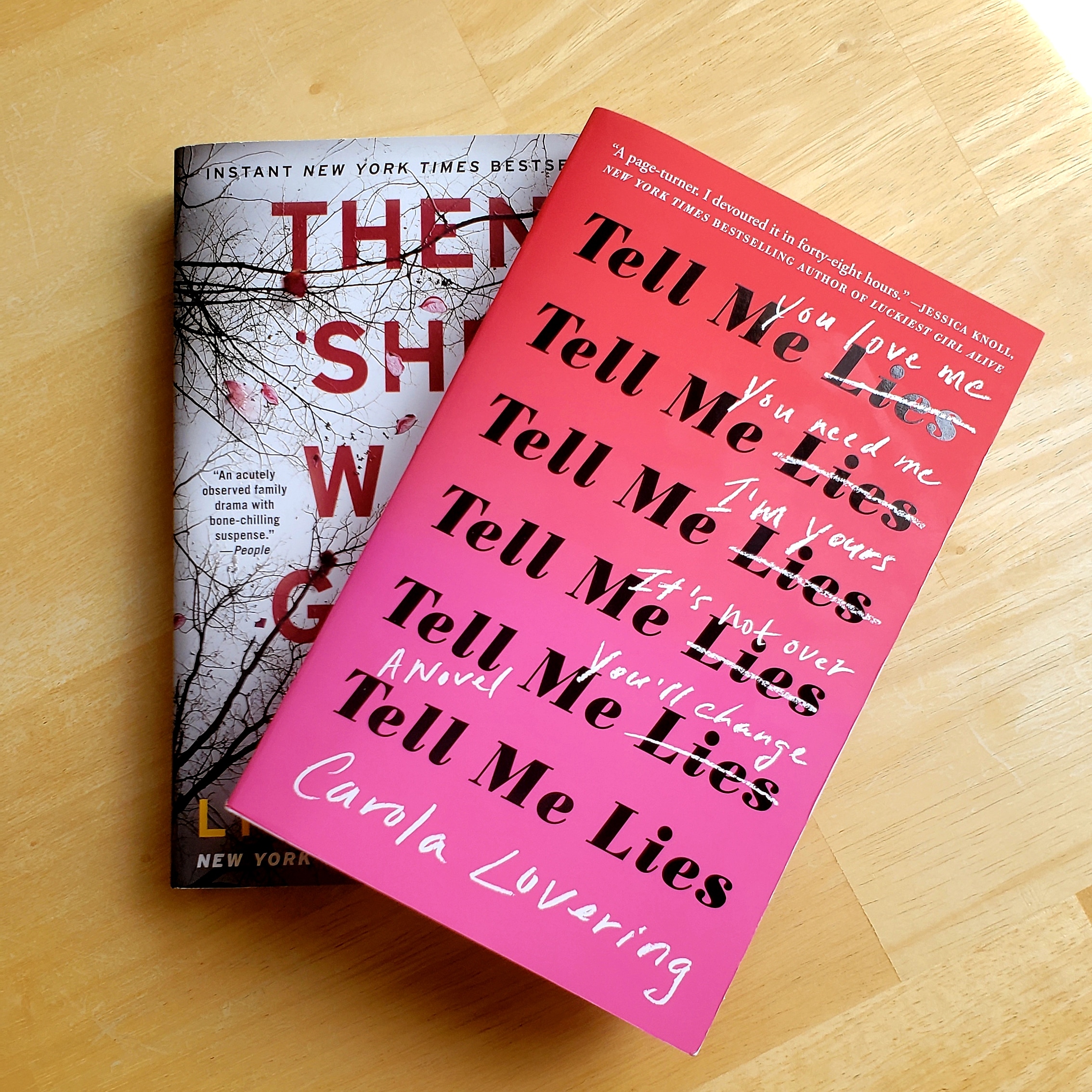1. "The Great Gatsby" by F. Scott Fitzgerald
This classic novel tells the story of the mysterious and wealthy Jay Gatsby, who throws extravagant parties in the hopes of winning back his former love, Daisy Buchanan. The novel explores themes of love, wealth, and the American Dream. Fitzgerald's writing is captivating and the characters are complex and intriguing. Overall, "The Great Gatsby" is a timeless masterpiece that is definitely worth reading.
2. "To Kill a Mockingbird" by Harper Lee
Set in the racially charged South during the 1930s, "To Kill a Mockingbird" follows the story of young Scout Finch as her father, Atticus Finch, defends a black man accused of raping a white woman. The novel addresses themes of racism, prejudice, and morality in a poignant and thought-provoking way. Lee's writing is powerful and the characters are deeply memorable. "To Kill a Mockingbird" is a must-read for its important social commentary and engaging storytelling.
3. "The Catcher in the Rye" by J.D. Salinger
Narrated by the rebellious teenager Holden Caulfield, "The Catcher in the Rye" follows his journey through New York City as he grapples with feelings of alienation and disillusionment. The novel tackles themes of adolescence, identity, and societal expectations. Salinger's writing is sharp and witty, and Holden's voice is authentic and relatable. "The Catcher in the Rye" is a coming-of-age classic that continues to resonate with readers of all ages.
4. "1984" by George Orwell
A dystopian novel set in a totalitarian society, "1984" follows the story of Winston Smith as he rebels against the oppressive government led by Big Brother. The novel explores themes of surveillance, propaganda, and the erosion of individual freedom. Orwell's writing is chilling and thought-provoking, and the world he creates is both disturbing and eerily familiar. "1984" is a powerful and important work that serves as a stark warning about the dangers of unchecked government control.

